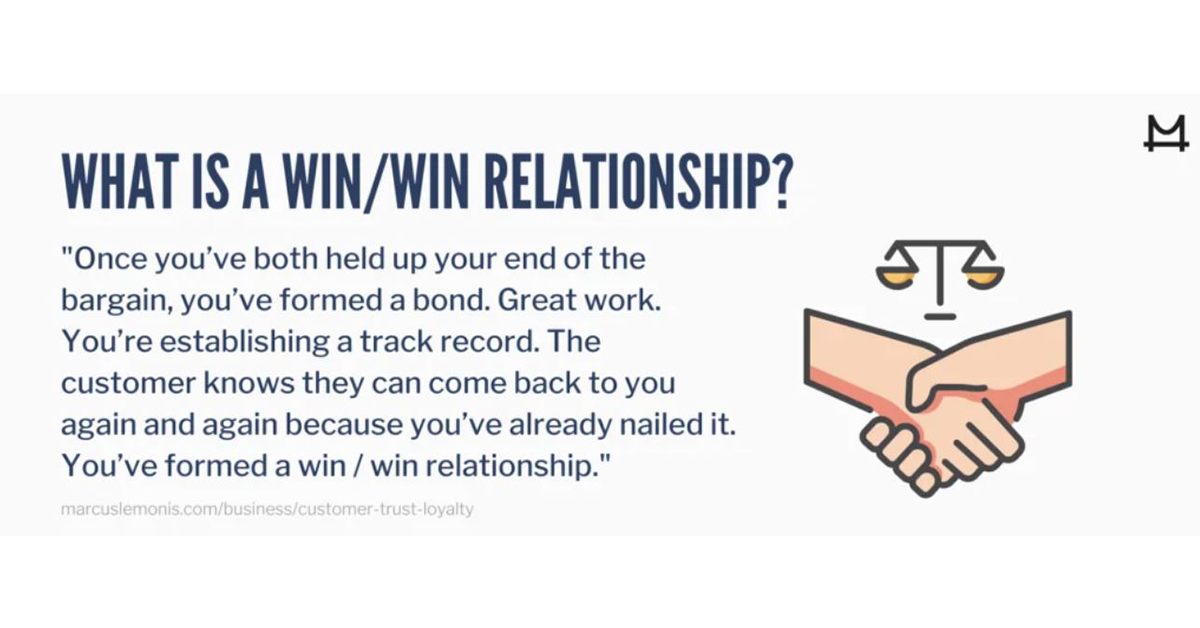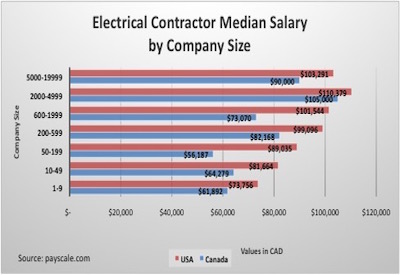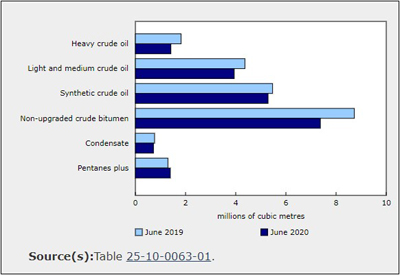Loyalty: Demanded? Fulfilled? How?

November 30, 2022
By Gene Biben, VP, Channel Marketing Group
I was speaking to a large regional VP of Sales for an electrical distributor recently. His comment was “everyone wants loyalty, but when you give it, what is given in return?”
This got me thinking, What is loyalty and how is it truly received and continued? So, I took a trip down memory lane and wanted to share some anecdotes where loyalty mattered and was rewarded.
Does loyalty or volume matter?
Back to the distributor. He was referring to the last few years and supply chain shortages.
The VP said their company has, in the past, been loyal to their manufacturers and representatives, seldom changing suppliers. In return for this long-term loyalty, as shortages occurred from some of his larger suppliers, he expected some reciprocity … some preference. Instead, he could not get material. One of his better customers complained about his inventory and suggested he go over to Home Depot or Lowes and check their inventory for products he did not have. He went there and was very upset with what he saw. When he questioned those manufacturers, he felt wronged him, he never received an adequate response.
Sound familiar?
Yes, Home Depot and Lowes are large customers for these manufacturers, but isn’t the electrical distribution channel? What the distributor learned is that manufacturers consider “the channel” a grouping of small (relative to big boxes) customers. Further, the distributor learned that the big boxes penalize manufacturers, financially, for short and late deliveries.
Learning from Experience – Be Honest
Many years ago, during a severe wire shortage, a distributor I had been trying to get orders from for 3 years sent our company an order. This distributor owner had a deserved reputation for anger. Our agency had decided not to sell our inventory to distributors that were not loyal to us and our manufacturer. “Loyalty” was defined as stocking our wire products (this particular wire manufacturer).
It was my responsibility to respond to this owner and advise that we would not accept his purchase order of significant dollars. I was up most of the evening concerned how this might affect our other business with the distributor (after all, we were selling them other lines.) And remember, this guy had a reputation! The next day I entered his office and explained our strategy. He walked around his desk with his arm extended (to hit me?). He stated that if the manufacturer he had been supporting for many years had done the same with his loyal customers, he would not need another supplier. He stated that when we would sell him product, he would give us the same loyalty he felt he had deserved. I left the meeting with his respect and retained our other business. When the shortage was over and we could sell him, we did. And for many years after he was not only loyal, but one of our larger customers purchasing nearly every product the manufacturer produced.
Given his loyalty, we traveled with his salespeople to various accounts, and he commented that together, we not only sold more product, but his profit levels on those products grew significantly. Loyalty earned and fulfilled.
Picking based upon loyalty
Years ago, I was chair of a factory advisory board that wanted to create a distributor loyalty program. The reality was that this manufacturer had significantly improved their production capabilities. They believed by offering a program to their distributors, including penalties on them for not shipping in a timely fashion or creating backorders, it would produce results far faster than merely telling customers they were doing better. The board was asked what the penalties should be against them and what additional benefits might be worthy for distributors to take the program more seriously.
One of the most beneficial advantages to their loyalty program, as perceived by distribution, was NOT their rebate for loyalty. It was the guarantee that those most loyal distributors would receive their orders within 3 days. The manufacturer, operationally, implemented this by assigning distributors a loyalty rating. These were put into groups and the warehouse printed the PO’s with different colors based upon distributor loyalty group. The warehouse picked these orders in advance of others.
Many quality manufacturers, the past few years, have refused taking on new customers given product shortages so they could care of those distributors that already purchased from them. Have truly loyal distributors been prioritized over those with multiple sources or merely using them for specific items or specific customers requiring their brand?
Distributors, is it still possible to be loyal to a manufacturer?
We had a distributor that evaluated every manufacturer and their salesforce by assigning a number to their value. It was either a positive number or negative. This was an annual evaluation and was updated mid-year if the manufacturer’s services changed. Management’s message to their staff was don’t bring up the possible replacement of a manufacturer unless there was a significant enough advantage that included the number. An example was a fittings manufacturer who came to them offering a lower pricing and a rebate. If the current supplier was valued as a +8, the combined pricing and rebate benefits would need to be far greater than 8% to be considered by the committee. The plus would be a determination by purchasing, the warehouse and sales by the combined services offered.
Distributor loyalty driven by service Manufacturer loyalty by product users
During interviews with 42 contractors in a geography for a distributor, we found a very strong preference for the distributor we were working without the contractors knowing who it was. Those reasons included management relationships with their customers, inside sales help including inventory and the manufacturers they sold. The main reason when asked why they went to other distributors for products was that distributor’s lack of having products the contractors preferred using. Contractors were loyal to manufacturers they also had relationships or liked the products and services the manufacturers provided most especially representation.
Customers, Service Matter and Drive Loyalty
In dealing with a home builder and a utility we represented a manufacturer that originally was not recognized by the utility. When product was not available from the utility’s specified supplier, the large home builder who our company had called on spoke to the President of the utility and complained. The utility standards committee quickly recognized the new manufacturer. We were able to prioritize the needs of the home builder even though the manufacturer had no home builder rebate program. Our manufacturer is now the “call out” by the utility because they were able to resolve some problems and our being in regular contact with them. The utility wanted to place a very large order directly our supplier, as they did with other suppliers. We told them they could only purchase through our distribution channel. They asked for a list of our distributors and their current inventory. The utility placed the order with the distributor with the most inventory of the product in their territory. Well into the 6-figures at a margin that was profitable. Scheduled releases were discussed with the utility and the supplier. Loyalty? We were the only manufacturer that utility had contacted.
Be loyal to the one that took you to the dance
A distributor took us to one of his larger OEMs. We had a specific product that became specified amounting to $2-$3 million a year. It was the distributor’s most profitable customer and the manufacturer’s most profitable product. When other distributors called on the OEM and found out the product name and manufacturer, they came to us for pricing. Although these competitors to the original distributor were good customers of our agency, we refused to quote them as we felt loyal to the original distributor that introduced us to the OEM, their customer!
One of the distributors refused to give us new business for over 3 years. The other appreciated our loyalty and gave us more than they had previously. The owner of the OEM called us after 6 years of purchasing these products and told us he would find another source if we would not sell our product to him directly. Again, we refused, and a few years later he found a substitute that would sell him directly, although the engineering group related that it was not as good a product. Until they were sold the original distributor could not have been more loyal to our agency or the manufacturer that had supported him.
Communicate your loyalty
A large contractor told me that his concern with distribution was each distributor expecting him to be loyal to them. “They ask me why I need to buy from multiple distributors, yet when I am quoting a job, they quote everyone on the job.” When checking with a few distributors from whom he purchased, their response was that they did not quote competitors and when they did, they were at different levels. They were being loyal, but just never explained “how” to the customer, so he perceived they were not loyal.
Takeaway
There are reasons to be loyal together. Perhaps the significance now, given the apparent loosening for many of supply chain shortages, is working closer together with honesty concerning our expectations of each other and agreeing on a plan to profitably work together?
Why should your customers be loyal to you? Do you show them? Communicate to them, individually? Or is it transactional based upon rebates, trips and “loyalty” programs?
Earning it takes work … daily.











